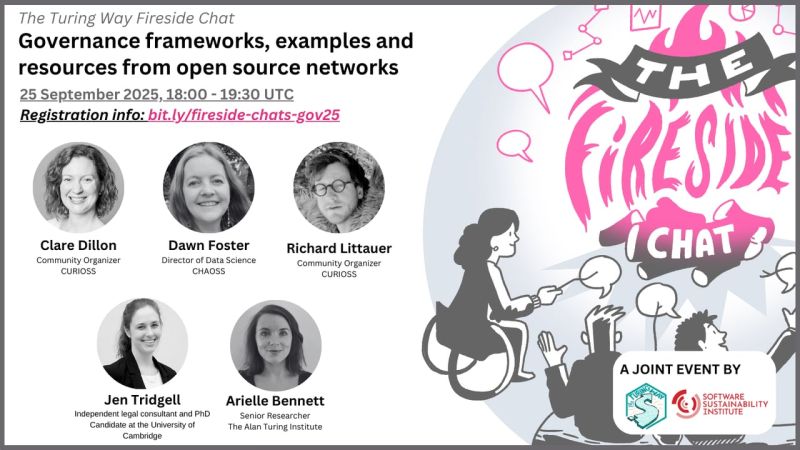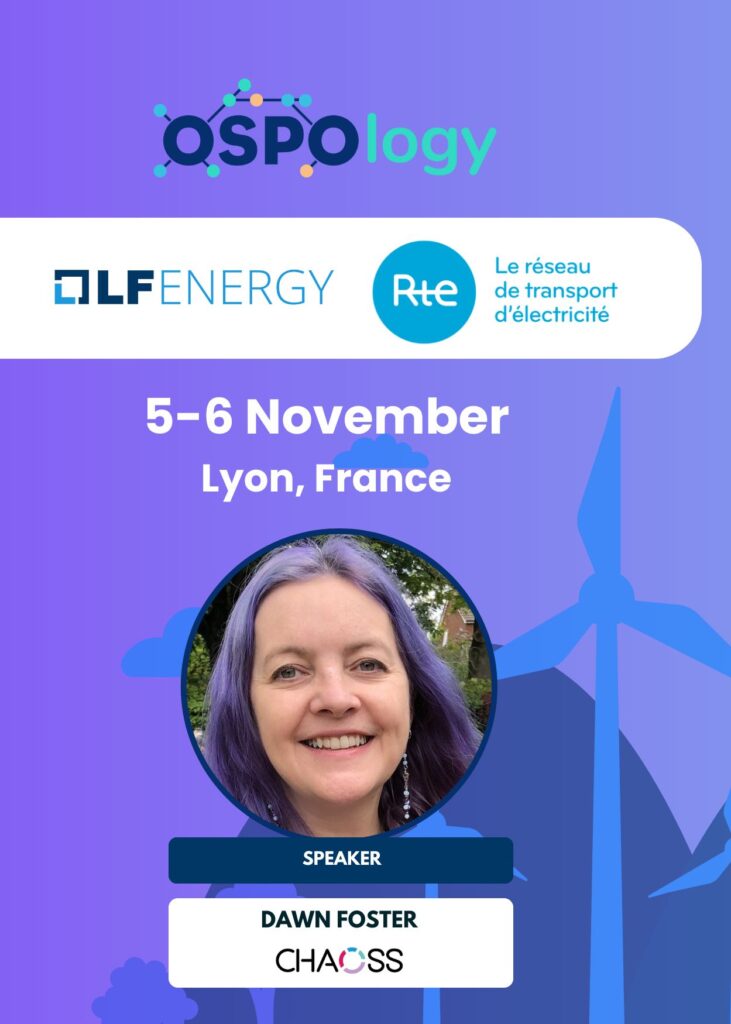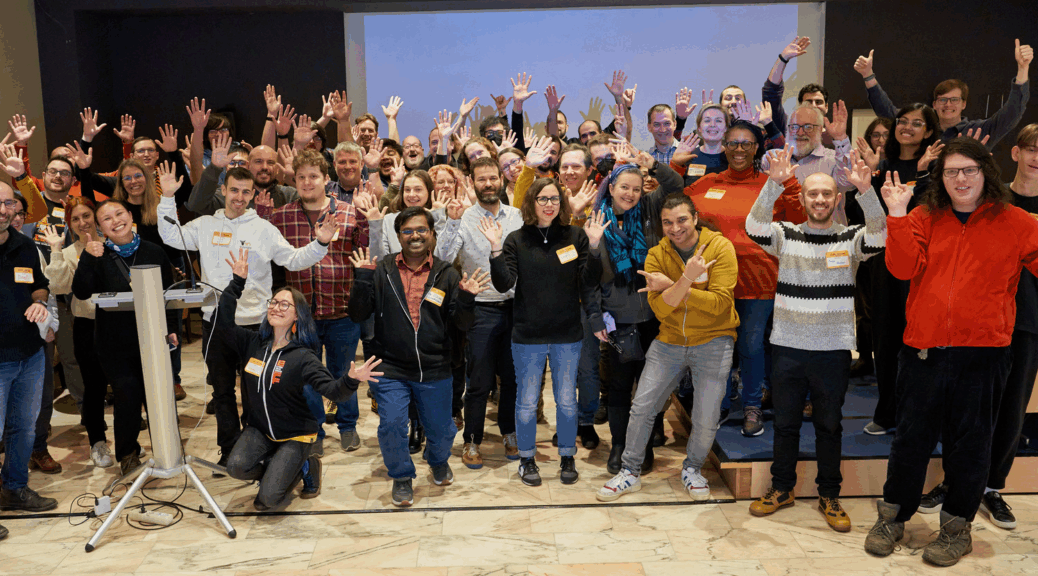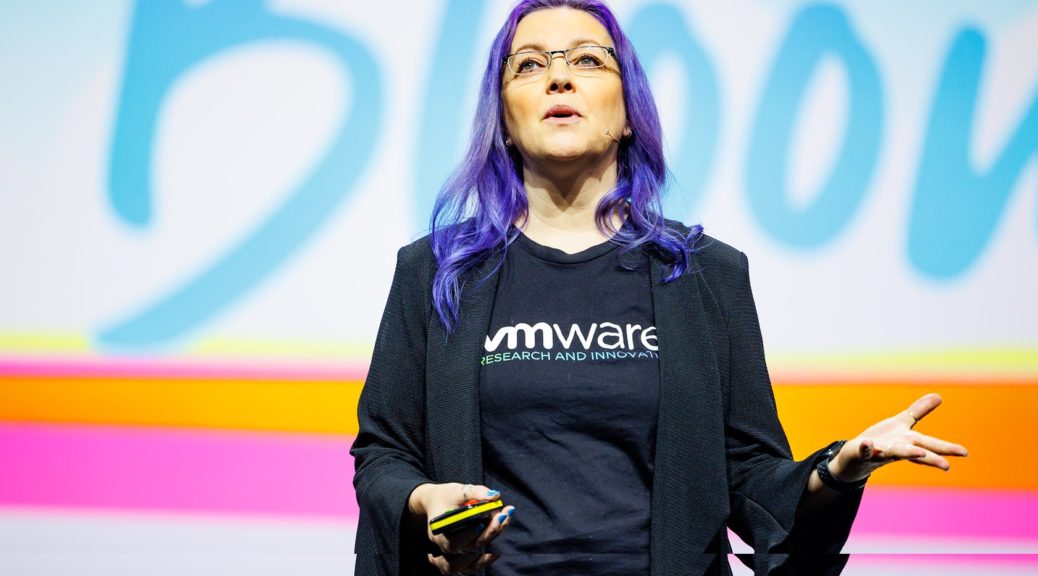I’m thrilled to announce that we just launched the Practitioner Guide: Assessing Viability, which is the latest in the CHAOSS Practitioner Guide series! A huge thank you to Gary White Jr. who wrote quite a bit of this guide along with the viability metrics models that it’s based on.
The topic of viability and risk is one that’s near and dear to my heart, and is something that I’ve been talking and speaking about for the past 5 years going back to when I was at VMware where it was an important consideration for our Open Source Program Office.
Open source software is found in almost every codebase, but some open source projects are more viable than others over the long term. Many companies don’t have a rigorous process for selecting the most viable dependencies. Often product teams, or even individual software developers, select open source projects because they fill a particular technical need without any assessment of the viability of the project or the risks they might be taking by using it. Assessing the viability of open source projects, especially ones that have the potential to impact your business, is a good first step toward managing risk and reducing the chances of potential business disruptions.
Here’s a short quote from the guide:
“Most business decisions boil down to an assessment of risk and making tradeoffs. Organizations should be thinking strategically about project risks in light of how they are using the projects. If it’s a critical part of a technology stack, it should be as low of a risk as possible. On the other hand, if an open source project is used as a small part of some non-critical infrastructure, an organization can accept more risk. Assessing viability and thinking about it from the perspective of risk and which risks to accept is an important first step, but it’s also important to think about which risks can be mitigated to improve viability. The best way to mitigate many of these risks is by paying employees to contribute to the projects that are most important to your organization. This provides an opportunity to improve viability and sustainability, but it also provides insight into where the project is heading and how things are going, so that if something changes in the project to further increase risk, it might be easier to anticipate those changes.”
– The CHAOSS Practitioner Guide: Assessing Viability
This guide provides advice for assessing viability across four categories: compliance and security, governance, community, and strategy. Depending on your use case, you may find different opportunities to use this viability assessment framework and how you use it will vary based on your organization’s assumption of risk. I hope you enjoy this guide and the others in the CHAOSS Practitioner Guide series! If you want feedback or help with your open source strategy, I’m available for consulting engagements.
Additional Reading:
- 5 viability metrics models: Starter, Compliance + Security, Governance, Community Engagement, and Strategy
- Panel: OSS Viability and Project Selection with Gary White, Matt Germonprez, Dawn Foster, and Emma Irwin at OSSummit NA in Seattle in April 2024 (video)
- A Strategic Approach to Assessing Viability of OSS Projects at the Open Source Finance Forum in London in June 2024 (video)
- Contributor Sustainability Impacts Risk and Adoption of OSS Projects
- Clouds, Code, and Control: The New Open Source Power Struggle
Photo by Ian Gonzalez on Unsplash








